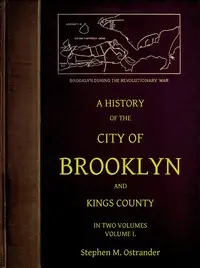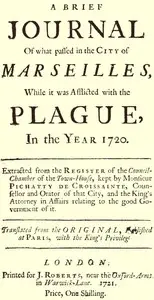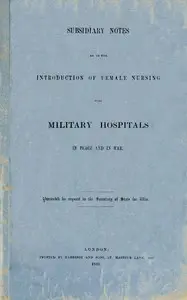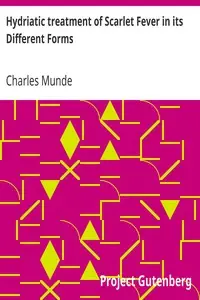"Of Medicine, in Eight Books" by Aulus Cornelius Celsus is a comprehensive medical treatise written in the 1st century AD. This work encompasses a range of medical knowledge including philosophy, diet, medical practices, and surgery, reflecting ancient Roman thought on health and medicine. The book serves as a guide for physicians and scholars, providing insights into ancient healing practices and medical theory. The opening of this treatise outlines the importance of medicine and relates it to both agricultural principles and the historical context of healing practices. Celsus discusses the evolution of medicine from its rudimentary forms to a more structured approach, mentioning key figures like Hippocrates and the philosophical underpinnings of medical treatment. He presents a division of medicine into three main branches: dietetics, pharmacy, and surgery, emphasizing the necessity of both theoretical knowledge and empirical experience in effective medical practice. The preface sets the stage for detailed discussions that will follow in the subsequent books, providing a rich historical framework for the medical practices of the time. (This is an automatically generated summary.)
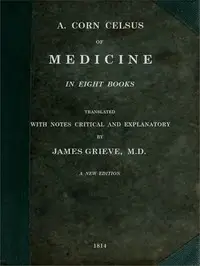
Of Medicine, in Eight Books
By Aulus Cornelius Celsus
"Of Medicine, in Eight Books" by Aulus Cornelius Celsus is a comprehensive medical treatise written in the 1st century AD. This work encompasses a ran...
Aulus Cornelius Celsus was a Roman encyclopaedist, known for his extant medical work, De Medicina, which is believed to be the only surviving section of a much larger encyclopedia. The De Medicina is a primary source on diet, pharmacy, surgery and related fields, and it is one of the best sources concerning medical knowledge in the Roman world. The lost portions of his encyclopedia likely included volumes on agriculture, law, rhetoric, and military arts. He made contributions to the classification of human skin disorders in dermatology, such as myrmecia, and his name is often found in medical terminology regarding the skin, e.g., kerion celsi and area celsi. He is also the namesake of Paracelsus, a great Swiss alchemist and physician prevalent in the Medical Renaissance.





